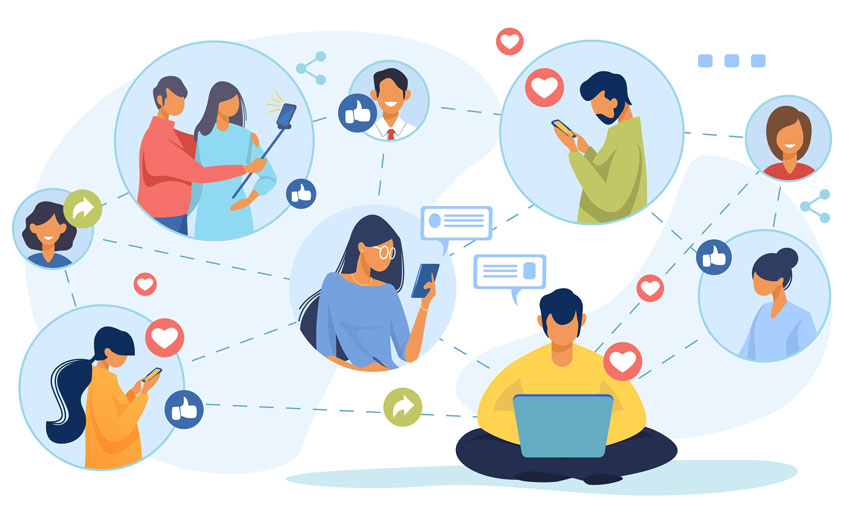We live in an information-rich age where you come across experts constantly.
Whether that’s in the form of TikTok educators or experts on the news or even just blog posts (the irony is not lost, here) – advice is everywhere.
And as leaders and changemakers, sometimes it’s difficult to know which information is reliable, which should be considered, and which should be ignored completely.
It’s perfectly understandable to want to share your experience with the world, but that doesn’t mean everyone’s experience should affect your choices.
So in this article, we’ll be going over why you shouldn’t follow everyone’s advice – and some tips to qualify or interpret the information you’re getting.
So bear through the irony and let’s explore this more.

Beware the Experts
This is an idea that came to me through the book We Make the Road by Walking.
It’s a series of conversations between Myles Horton – founder of the Highlander Center – and Paulo Freire, the renowned Brazilian educator.
In there, Myles shares an idea that has stuck with me ever since I read it:
“I have no problem with using information that experts have, as long as they don’t say this is what you should do”
Which brings up another idea –
Advice or demands?
As leaders, organizers, and changemakers – we’re always the first people to go around giving advice.
Sometimes to each other, sometimes to potential recruits. In either case – we should always be careful of whether we’re giving helpful, genuine advice that comes from our own experience OR demanding that a problem be handled in a certain way.
It’s something we need to consider both:
- When we’re giving advice and
- When we’re receiving advice
Because sometimes the line between “I want to provide support” and “I want you to do things my way” can be a bit blurry. And as leaders – the movement needs us to be able to distinguish those two.

Small “e” expert
This blog is full of advice, cautions, and best practices for social changers and organizers.
And that’s because I think that all of us have some expert knowledge inside us based on our own experience.
So we’re not Experts, but small “e” experts. In that sense, we all have something we can share with the world.
We can use our expertise to direct co-workers, staff, and colleagues, thinking we know best. Which can be frustrating, especially when you see that advice isn’t always followed the way you had hoped.
But let’s give that some more thought:
The goal of giving advice
At the end of the day – what’s the whole purpose of giving advice?
Self-reflection is always a difficult task. But here’s a quick way to discover your answer.
Let’s say you want to show a staff member how to effectively plan a training event. Are you more concerned with:
- Them following the steps you outlined?
- Them adapting the resource to their context, to make their training more effective?
If you answered the first one – then it might not really be about giving advice. It’s about control.
Because the second answer is what advice should look like (in a perfect world). Giving advice should be offering tools, resources, and experience and providing them the opportunity to apply that knowledge as it applies to their life.
It’s about creating an opportunity for critical thinking. Liberatory education is infinitely more helpful to the world than controlling.
After all, you will not always be there to tell them what to do–nor should you be!
Why You Shouldn’t Follow Advice
With that being said – we need to be careful about the information we see out there.
Is that impressive TikTok advice guru actually being helpful – or is she only trying to sell as many ebooks as possible?
Is your higher-up giving reasonable advice? Or is he latched on to an antiquated strategy?
Are you truly aiming to encourage your team to think critically – or just do what you asked of them?
The advice we receive – and the advice we give – should be used as a point for dialogue and adaptation. That will help all of us grow, avoid repeated mistakes, and create a liberating atmosphere that isn’t about control.

Keep on questioning
Everyone has a bit of a small “e” expert within them. And it’s fantastic that you want to share your knowledge and experience with the world.
That’s how we start moving towards a better, more educated world, after all.
But the caveat – we’re all human. We make mistakes, we can let our desire for control get in the way, and impead, rather than encourage, learning for those around us
So even when it comes to this blog – take what you’ve read and give it some thought. Consider whether how these points might be applicable in your organization.
And let me know in the comments below:
When does the little “e” expert show up in your life? And is it usually helpful, hurtful – or both?





